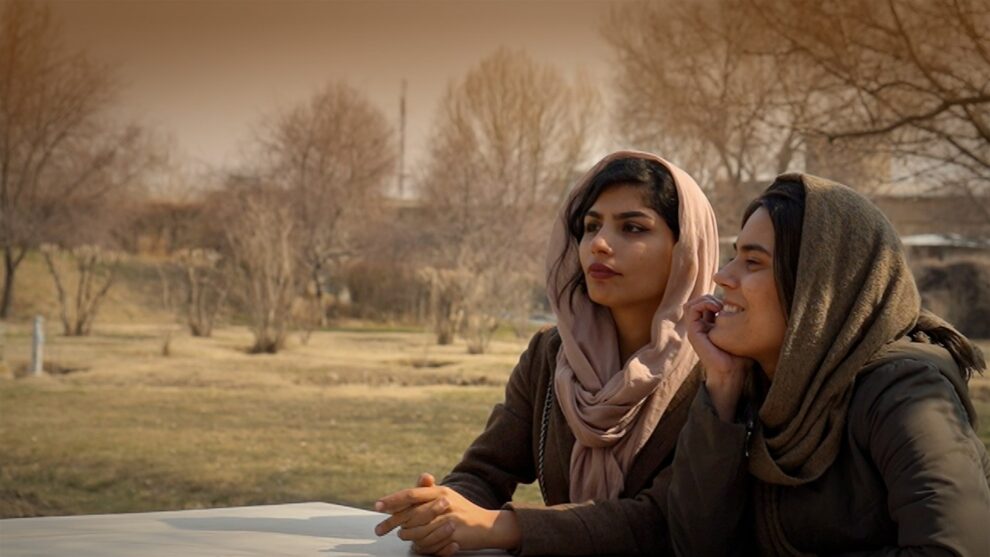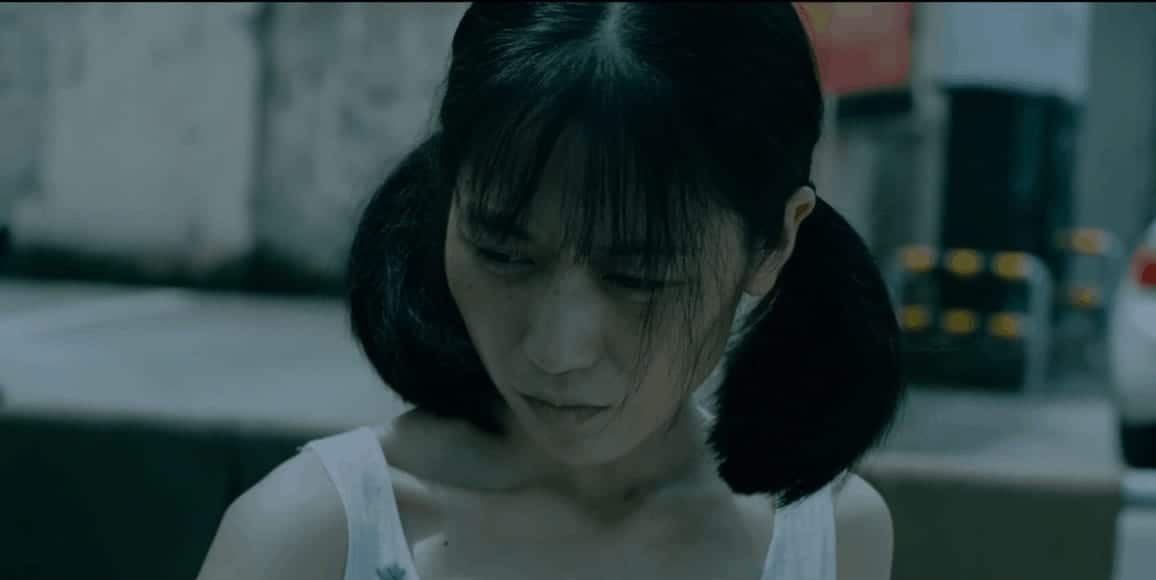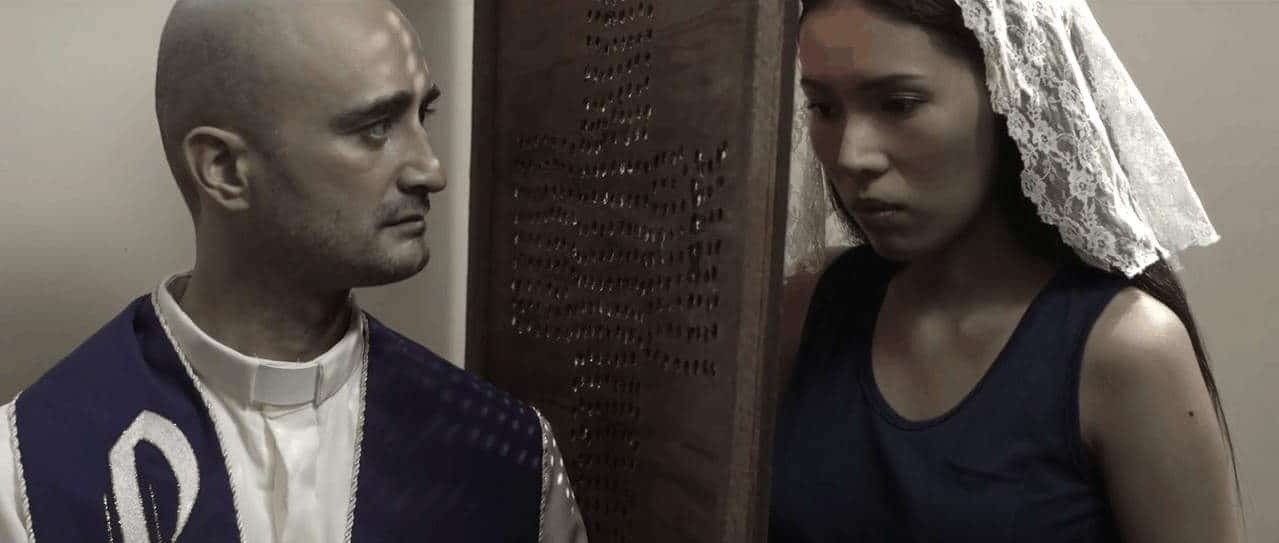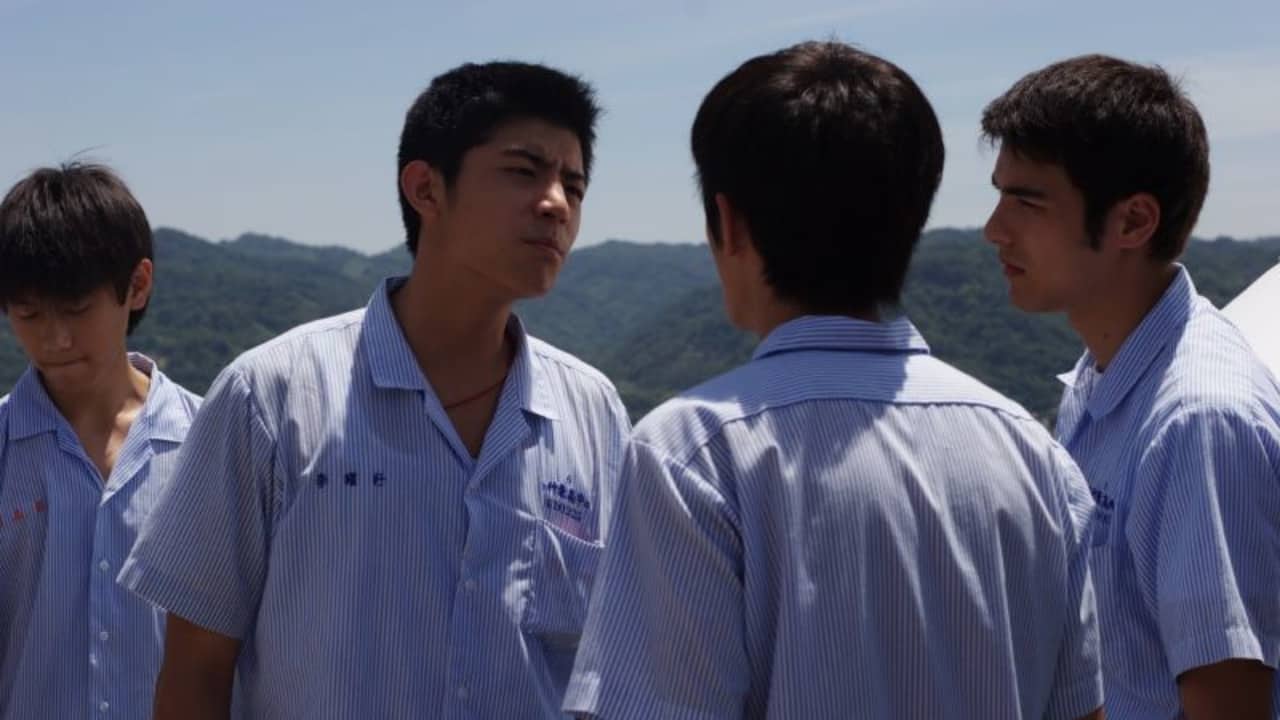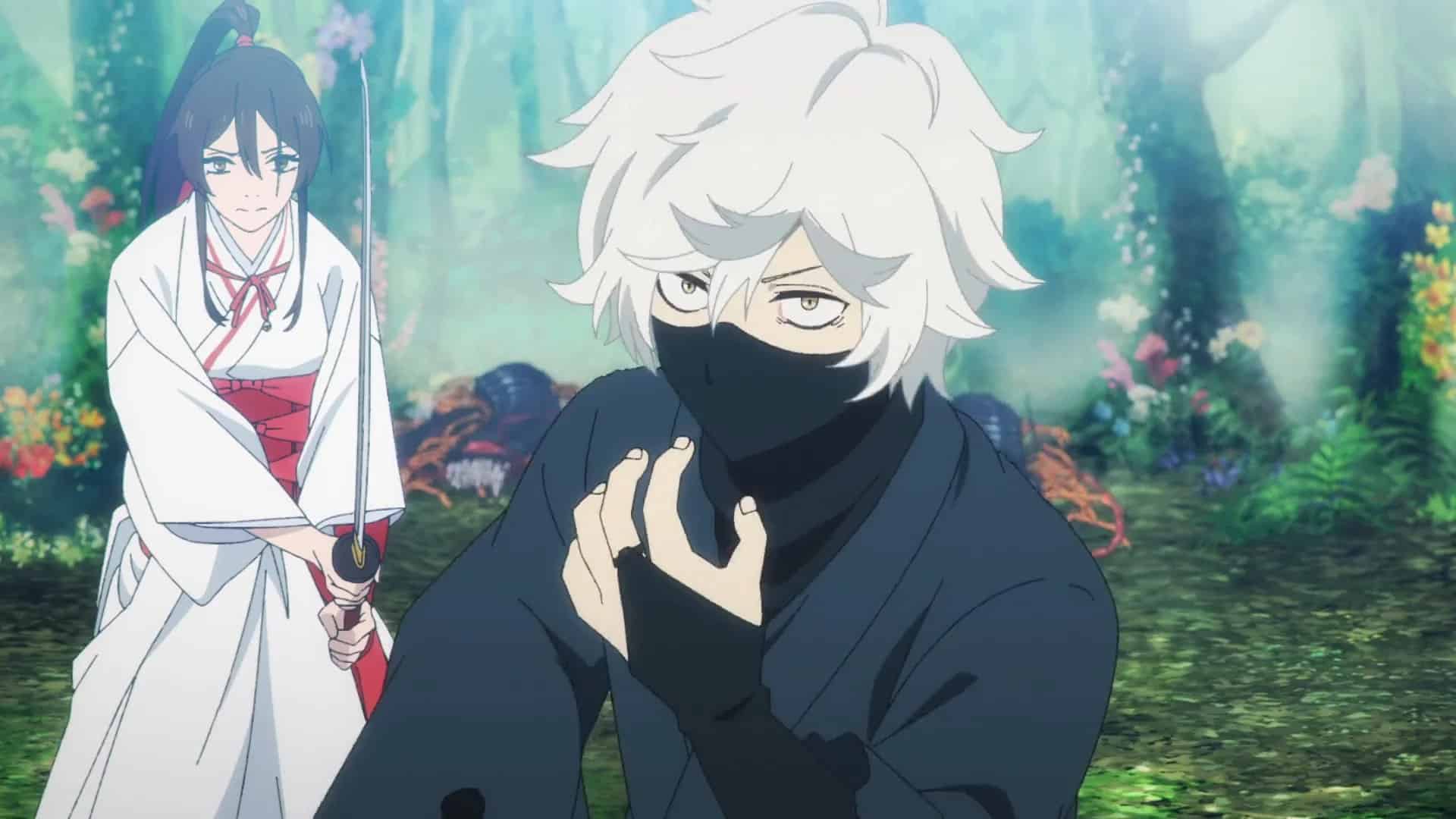Sophia and Nigina's salon is situated in central Kabul. Around twenty employees work there, seven days a week. It's a sanctuary for women: a place where men do not enter. Somewhere to get pampered, comfort each other, laugh and joke about men, and talk about the country's situation. The two women are beautiful, proud, best friends, and rather courageous in the way they deal with the Taliban and the men around them. Margaux Benn and Solène Chalvon-Fioriti started shooting the day after the Taliban came to power on August 15, 2021 and followed the two girls for a year and a half.
Kabul Beauty is screening at Thessaloniki Documentary Festival
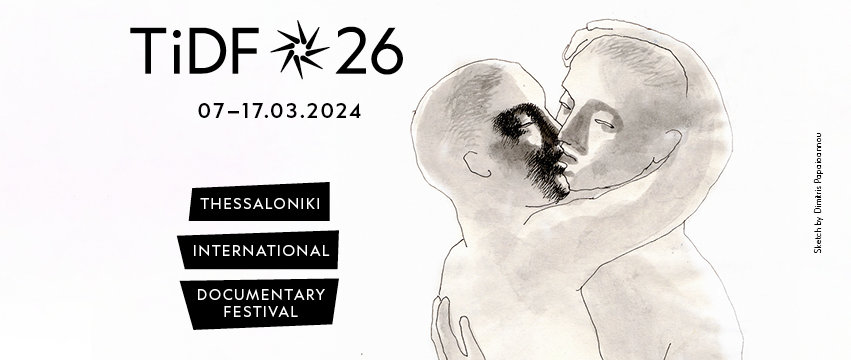
As such, their narrative focuses on two axes, the lives of the girls during the specific time, and the impact the Taliban's coming to power once more has on the country, with the two lines almost constantly intermingling. As we watch the situation in the salon, with the majority of the women there having their faces blurred in fear of retaliation, the setting of suppression becomes quite evident, as much as the will, but also the fear, of the two protagonists to move beyond whatever laws the regime has brought to women. In this setting, a walk in the park is considered a truly courageous act, as does a walk in the street, where men call the women who are not wearing their hijab, whores, in the most open fashion.
And while the danger of disappearing, as many of the women who protested in the street against the Taliban, remains rather reali, Sophia, Nigina and their friends continue to do so, and also run the beauty parlor, despite the fact that the government is not particularly keen on letting establishments like theirs continue functioning. They even learn how to drive in secret, with their search of finding instructors that are not Taliban being one of desperation, even if success.
The last part of the movie follows them after they manage to get away from Afghanistan towards Europe, although their lives there are not exactly easy.
The combination of the two axes is quite well presented, and essentially one of the best technical aspects of the movie, as the change between the streets, the parlor, the girls' homes and eventually Europe, keeps the documentary entertaining, from beginning to end. At the same time that their trip, both literally and metaphorically, is successful, at least until the movie ended, at and at least to a point, provides a breath of fresh air in a setting such as the one of the Taliban's Afghanistan, where the positive stories are not exactly in abundance.
At the same time, the change of setting, from one continent to the other, works well in terms of entertainment and drama, with the way one of the two faces severe psychological issues while the other seems to be moving forward non-stop, adding to the quality of the story here. The finale is definitely among the most rewarding parts of the documentary, cementing the overall optimistic approach in the best fashion.
At the same time, that Afghanistan is no place for women an the moment, and becomes more and more so as time passes, also becomes painfully obvious throughout the documentary. As we watch the Taliban banning women from higher education, closing the 10.000 beauty salons throughout the country, and in general, clearly aiming to have women stay at home and just bare kids, essentially in the exact same practices they implemented the last time there were in charge, doubting their purposes becomes plainly illogical.
Subscribe to AMP newsletter by clicking on the image below

In “Kabul Beauty,” Margaux Benn and Solène Chalvon-Fioriti skillfully intertwine the lives of Sophia and Nigina amidst Taliban oppression. The documentary unfolds like a courageous journey, revealing the resilience of these women against societal constraints. As the credits roll, the film leaves us pondering the enduring struggle for freedom in a world that seeks to confine.


